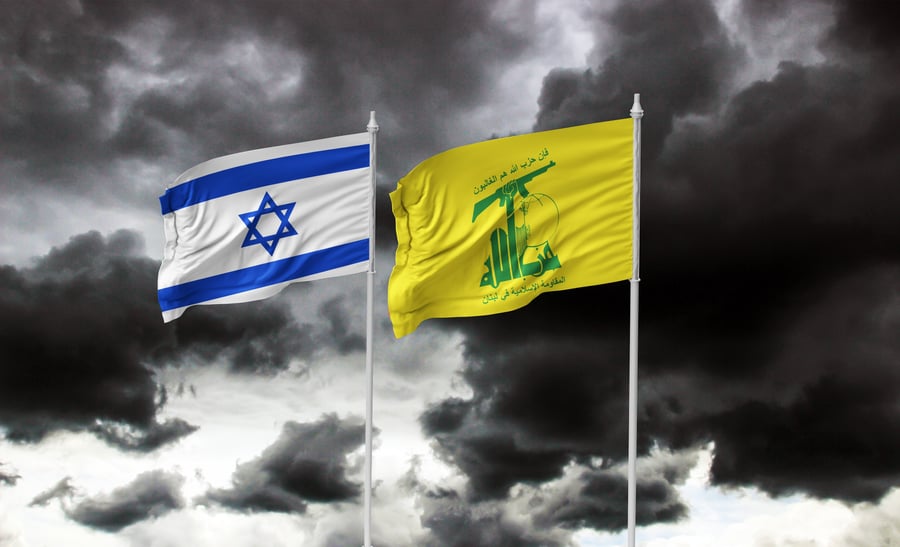
Following the recent statements by the Defense Minister and the Prime Minister, it's clear that Israel's patience is truly running out this time. Assuming they choose the option of war in the northern arena, it's expected to be more significant and aggressive than any of its predecessors - and according to Channel 14's Hallel Biton Rosen, this is how it might look:
The scenarios speak of the possibility of igniting several arenas simultaneously, including potential Iranian involvement.
In the most positive scenario, Israel will choose the timing and try to achieve significant gains during the first hours of the war. The Air Force will be a key factor, with hundreds of planes deployed on heavy missions, dropping tens of thousands of tons of bombs across Lebanon. Additionally, efforts will be directed at destroying as many of Hezbollah's military assets as possible to disrupt future attacks.
The Artillery Corps is also expected to join in the powerful fire strikes, alongside the Navy, which will launch attacks to make it difficult for Hezbollah to carry out significant firing towards Israel.
In the second phase, after the artillery, the government will need to make a crucial decision: whether to launch a ground maneuver or not. If Israel tries to end the campaign within a few days, with extensive destruction in Lebanon and pressure from Western countries, a quick agreement might be reached - with the minimum from Israel's perspective being the removal of Hezbollah north of the Litani River.
If such an agreement is not reached, it's very likely that our forces will have to enter into intensive ground fighting in southern Lebanon, in an operation mode similar to that taken in Gaza, with fighting in villages and towns.



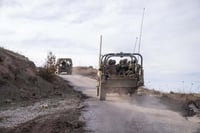

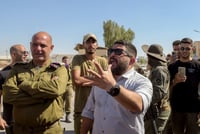
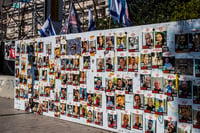
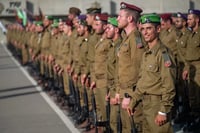


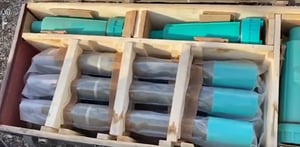


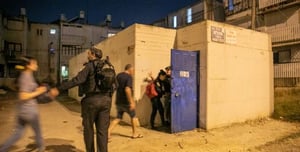
1 Comments